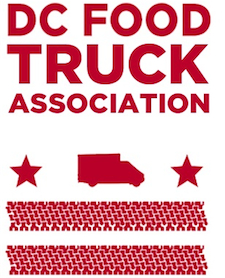There’s something very, very wrong with today’s public school culture.
I wrote that as a start for today’s excursion into the land wherein common sense has utterly fled . . . but without knowing whether I would dissect a Washington Times story about two Virginia Beach, Virginia, students suspended (perhaps for the entire year) for playing with an air soft gun in their own yards, or the Washington Post’s excellent coverage of a new test-score scandal.
The first story reflects both today’s crazed anti-gun culture and a sort of imperialism: educators seem to think that it’s their jurisdiction to judge how children behave at home, especially when it comes to toy guns, which they apparently deem inherently bad, etc., etc. Yes, Virginia educators insist on enforcing pacifism and disarmament as a settled matter, as if the Second Amendment didn’t exist.
Now, schools should not allow violence on school grounds or buses. And, if the kids who were playing with the toy guns were pointing and shooting with dangerous irresponsibility, and against city code, then maybe the school has a leg to stand on.
Nearby in Washington, D.C., in our second story, public school administrators have rigged the testing system to yield better math scores. Indeed, the district had boasted of a four-point gain. Then it was discovered that scores had actually declined, in part because of new rigorous tests. But instead of “biting the bullet” and taking a “temporary” hit, educators fiddled with the statistics and came up with phony bragging points.
Liars to the north of me; fools at another point in the compass, entirely.
This is Common Sense. I’m Paul Jacob.




